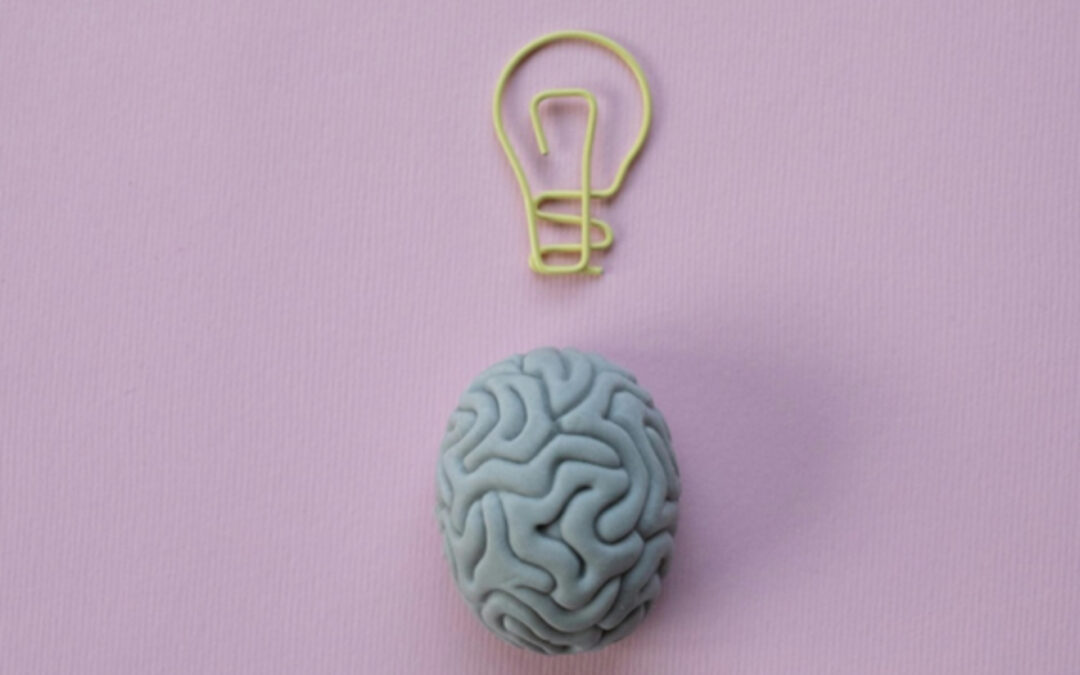Starting mental health therapy can feel like taking a jump into the unknown, and it’s totally normal to wonder if it’s actually helping. The changes you may experience since starting therapy are not usually dramatic or immediate, but rather a gradual shift that begin to slowly build on one another. Similar to how hair grows a little each day without us really noticing, progress in therapy often happens in small, quiet ways. You might not feel a dramatic shift overnight, but over time, those subtle changes start to add up. Since you’re with yourself every day, it can be hard to see just how far you’ve come until you pause and reflect or someone else points it out. There are certain signs you can look out for to notice therapy is making a difference.
One of the biggest signs that therapy is working is an increase of self-awareness. You may begin to recognize certain behavioral patterns, how you respond to people, or the way you talk to yourself. Picking up on these changes is a good sign that therapy is working because in order to change anything, you need to be aware of what to change first. Whether it’s catching yourself using negative self-talk or realizing you’re repeating old relational habits, those moments of recognition are powerful. They give you the chance to pause, reflect, and start making intentional changes.
In therapy, some important things you’ll often learn is how to use coping skills. A helpful trick is to practice them even when you’re not in crisis mode. Using them during calm moments helps you get familiar with how they work, so when things do get tough, your brain already knows what to do. When we’re overwhelmed or emotionally charged, it’s easy to forget about coping skills entirely. But if you start catching yourself using a skill to regulate your emotions or challenge unhelpful thoughts in the moment, that’s a solid sign therapy is clicking.
Have you noticed yourself taking more time for rest or doing things you actually enjoy? That’s another solid sign therapy is working. When your self-care starts to improve, whether it be showering more consistently or getting back into a hobby you love, it’s a reflection of better mental and emotional health. These changes might seem minor on the surface, but they’re actually big indicators that you’re investing in your wellbeing and making space for yourself in everyday life.
You’ve probably heard the saying, “Sometimes things have to get worse before they get better”, and that can definitely apply to therapy. When you start actively confronting anxiety or trauma, your symptoms might feel more intense at first. That’s not a sign that therapy isn’t working, but rather a part of the healing process. Facing the things you’ve been avoiding, whether it’s certain thoughts, memories, or situations, can be uncomfortable, but it’s also how real progress happens. If you notice this happening, be sure to talk about it with your therapist. They can help you navigate it and make sure you’re moving forward in a way that feels safe and manageable.
These are just a few signs that therapy might be working, but it’s important to remember that everyone’s therapeutic journey looks a little different. If you’re unsure or questioning your progress, bring it up with your therapist and they can offer insight into what they’ve been noticing. If it feels like therapy isn’t working, that’s worth sharing too. Therapists want to know so they can adjust their approach and work with you to find what truly helps. Therapy is a collaborative process, and open communication is key to making it as effective as possible.

